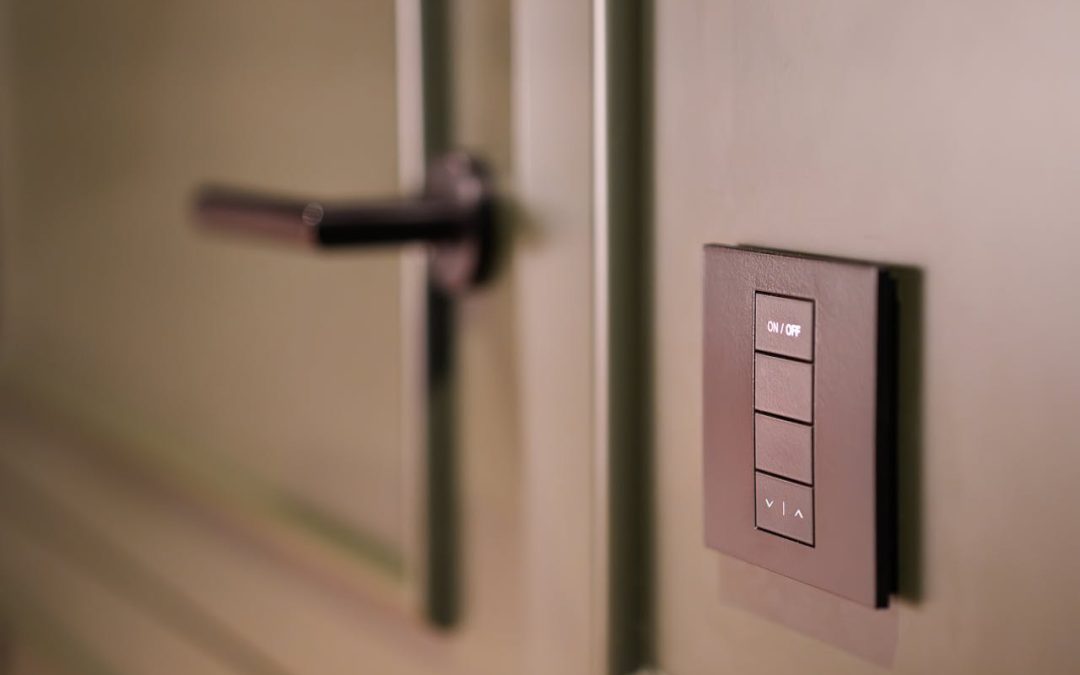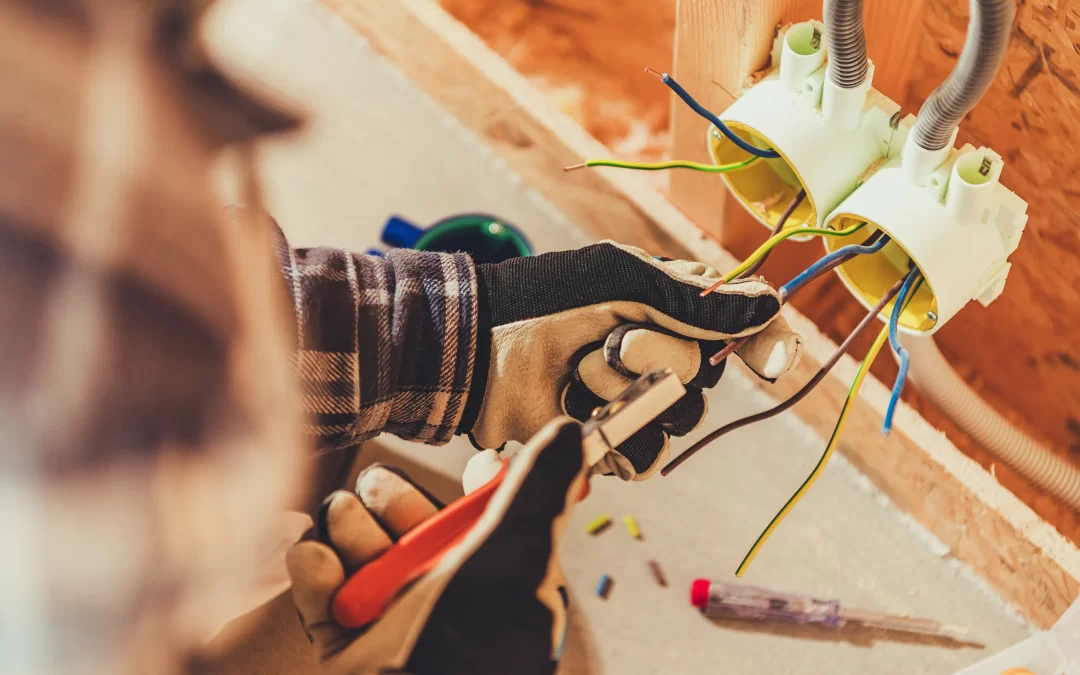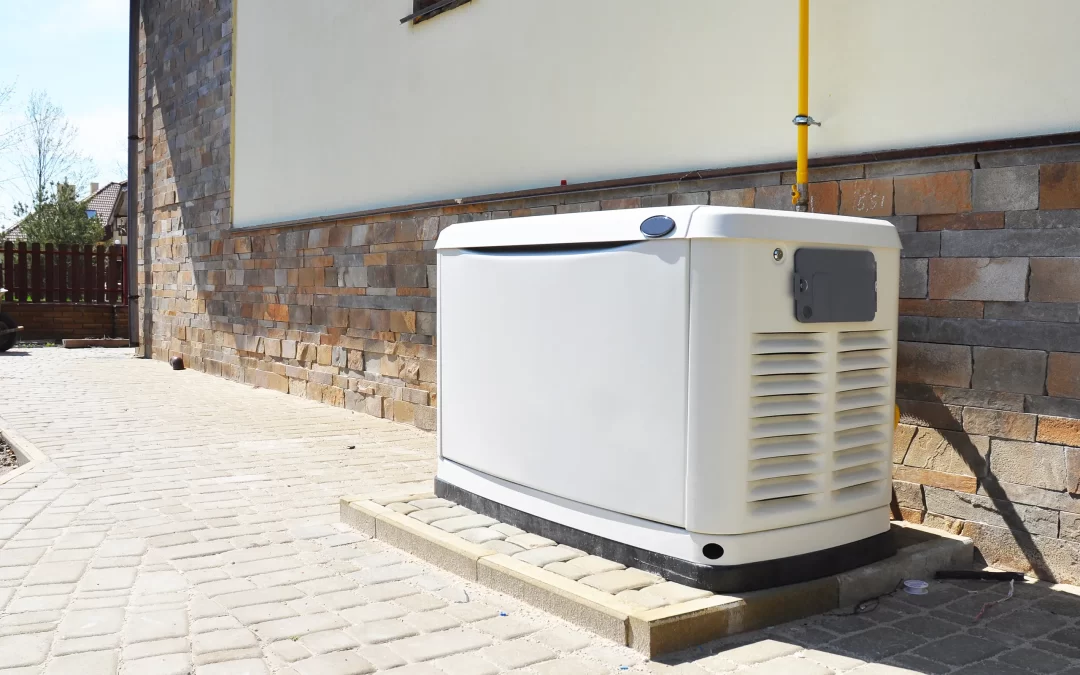As a landlord, one of your key responsibilities is ensuring the safety and functionality of your rental properties—and that includes the electrical system. Faulty wiring, outdated panels, and neglected outlets can lead to fires, injuries, code violations, or expensive repairs. That’s why a proactive electrical maintenance plan is essential.
This annual checklist will help you stay compliant, protect your tenants, and maintain the long-term value of your investment.
1. Inspect the Electrical Panel
Your rental’s electrical panel (or breaker box) should be checked at least once a year. Look for:
- Signs of rust or corrosion
- Loose breakers or wires
- Burn marks or a burning smell
- Tripped breakers that won’t reset
If the panel is outdated (e.g., a fuse box or Federal Pacific panel), consider replacing it for safety and insurance compliance.
2. Test Smoke and Carbon Monoxide Detectors
Most state laws require working smoke alarms in every bedroom, outside sleeping areas, and on every floor. Carbon monoxide detectors are also required in homes with gas appliances or attached garages.
- Press the test button on each unit
- Replace batteries if applicable
- Check expiration dates (usually 7–10 years)
- Ensure detectors are hardwired or properly mounted as required by code
3. Examine Outlets and Switches
Damaged outlets or switches can pose electrical shock and fire hazards.
- Check for cracked or discolored faceplates
- Test outlets for power using a plug-in tester
- Make sure GFCI outlets are installed in kitchens, bathrooms, garages, and outdoor areas
- Press the “test” and “reset” buttons on GFCIs to ensure they’re functioning
4. Evaluate Exterior Electrical Fixtures
Outdoor outlets, lighting, and other electrical components should be rated for exterior use and protected from the elements.
- Look for cracked weather covers or broken light fixtures
- Ensure outlets are covered with “in-use” weatherproof covers
- Confirm all exterior lighting is functioning for tenant safety
5. Check Light Fixtures and Ceiling Fans
Loose fixtures or faulty wiring can lead to flickering lights or overheating.
- Test all lights and replace burned-out bulbs
- Tighten any loose ceiling fans or hanging fixtures
- Look for signs of buzzing, flickering, or heat
6. Inspect Extension Cords and Power Strips
While you can’t control how tenants use extension cords, it’s a good idea to check any that remain from previous occupants.
- Remove any daisy-chained power strips
- Look for frayed cords or overloaded outlets
- Educate tenants about proper use of power strips and surge protectors
7. Confirm Proper Grounding and Bonding
If you’re in an older property, grounding and bonding may not meet current electrical code. A licensed electrician can test this.
- Verify grounded outlets in all rooms
- Consider upgrading ungrounded outlets to GFCI protection as a safety measure
8. Review Electrical Appliances
While you may not supply every appliance, many landlords are responsible for maintaining:
- Electric ranges
- Dishwashers
- Water heaters
- HVAC systems
Ensure these are functioning properly, safely wired, and up to date with inspections or manufacturer recalls.
9. Schedule a Professional Electrical Inspection
Even if everything appears to be working, only a licensed electrician can identify hidden risks like overloaded circuits, faulty wiring behind walls, or outdated grounding.
Many insurance policies or state housing codes require periodic inspections—especially in multi-family units.
At Socket Doctors, we provide professional electrical inspections tailored for landlords and property managers. We’ll identify code violations, recommend necessary upgrades, and help you prevent future problems.
10. Educate Tenants on Electrical Safety
Your tenants are part of the equation when it comes to electrical safety. Provide a simple list or guide that covers:
- Not overloading outlets
- Reporting issues promptly
- Proper use of space heaters and extension cords
- Testing smoke detectors regularly
Consider including a short section in the lease or tenant handbook that outlines electrical dos and don’ts.
Stay Ahead of Repairs and Liability
Being proactive with electrical maintenance protects your property, your tenants, and your reputation. This annual checklist is a great starting point—but when in doubt, always bring in a professional.
Need help with inspections, panel upgrades, or outlet repairs? Contact Socket Doctors today and let us keep your rentals up to code and ready for the year ahead.



